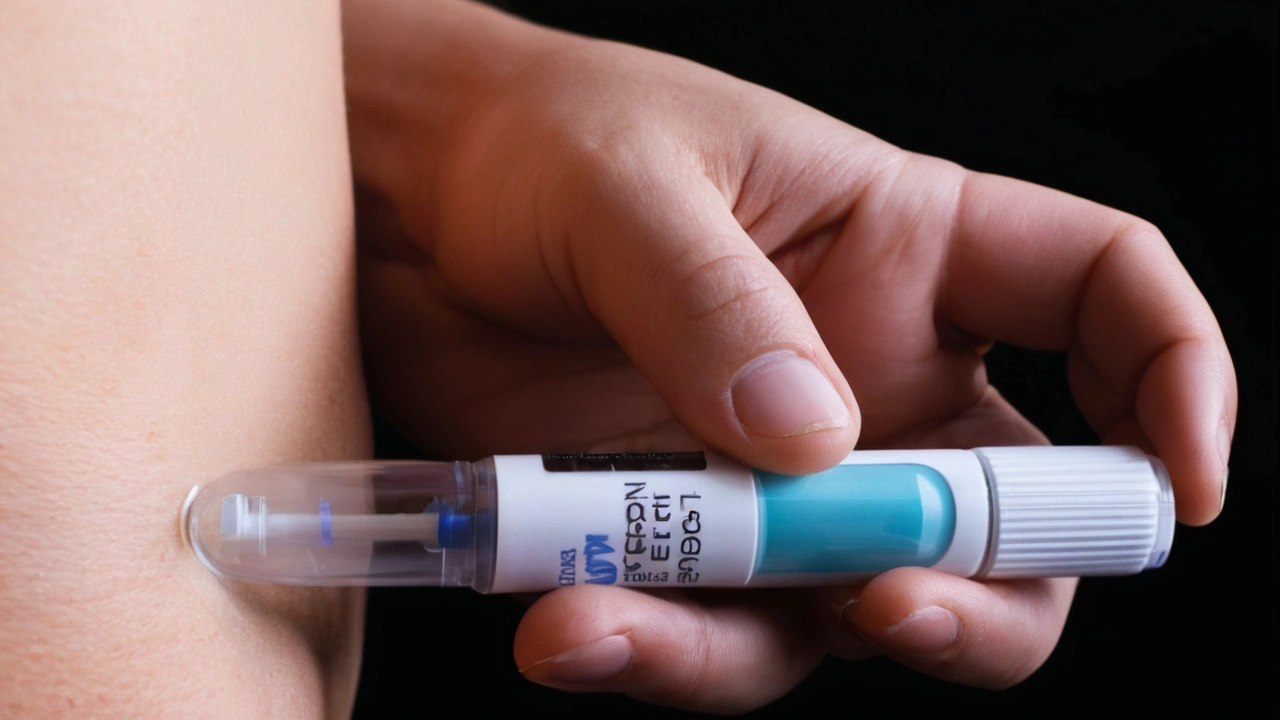How to Read Prescription Label Directions Like BID, TID, and PRN
December 17 2025Weight-Loss Drugs: What They Are and How to Use Them Safely
If you’ve tried diet plans that never stick, a weight‑loss drug might feel like a shortcut. But it’s not magic – these meds help control appetite, boost metabolism, or stop fat absorption. Understanding the basics lets you decide if they’re worth trying and how to avoid common pitfalls.
How Weight‑Loss Drugs Work
Most prescription options fall into three groups. The first group, like phentermine, tricks your brain into feeling full faster, so you eat less without fighting hunger all day. The second group, such as liraglutide, mimics hormones that regulate blood sugar and appetite, giving a steadier feel of satiety. The third group, like orlistat, blocks the body’s ability to absorb some fat from meals, which means fewer calories pass through.
Each type has its own timeline. Appetite‑suppressants work quickly – you might notice less snacking within days. Hormone‑based drugs can take a couple of weeks for your body to adjust. Fat‑blocking pills need consistent use with meals that contain fat; otherwise, they won’t do much.
Choosing the Right Option Safely
First step: talk to a doctor. They’ll check your health history, blood pressure, and any meds you already take. Some drugs aren’t safe for people with heart issues, pregnancy, or thyroid problems. Your doc can also help you pick a dose that balances results with side effects.
Next, watch the side‑effects list. Appetite suppressants may cause jittery feelings, dry mouth, or trouble sleeping. Hormone mimics often bring nausea or mild headaches at the start. Fat blockers can lead to oily stools if you eat too much greasy food – a simple diet tweak solves that.
Don’t expect pills alone to melt away pounds. The most successful users pair medication with realistic diet changes and regular movement. Think of the drug as a boost, not a replacement for healthy habits.
Cost matters, too. Some prescriptions are covered by insurance if you have obesity‑related conditions like type 2 diabetes. If your plan doesn’t cover them, compare pharmacy prices or look for discount programs that your doctor might recommend.
Finally, set a clear timeline. Most experts suggest using the medication for three to six months before reassessing. Keep track of weight, how you feel, and any side effects. If you notice anything worrying – rapid heart rate, severe stomach pain, or mood swings – contact your doctor right away.
Weight‑loss drugs can be a helpful tool when used correctly. By knowing how they act, checking safety with a professional, and pairing them with simple lifestyle tweaks, you give yourself the best shot at lasting results without unnecessary risk.
 28 Jul
28 Jul
Urgent: Influencers Must End Reckless Promotion of Weight-Loss Injections
Social media influencers using their platforms to push weight-loss drugs pose significant risks. An influencer recently tried to offer a 35% discount on Mounjaro via an online pharmacy's promotional code, which was rejected due to ethical concerns. This article discusses the dangers of these promotions and calls for stricter regulation to prevent unsafe medication usage.
Read More...




